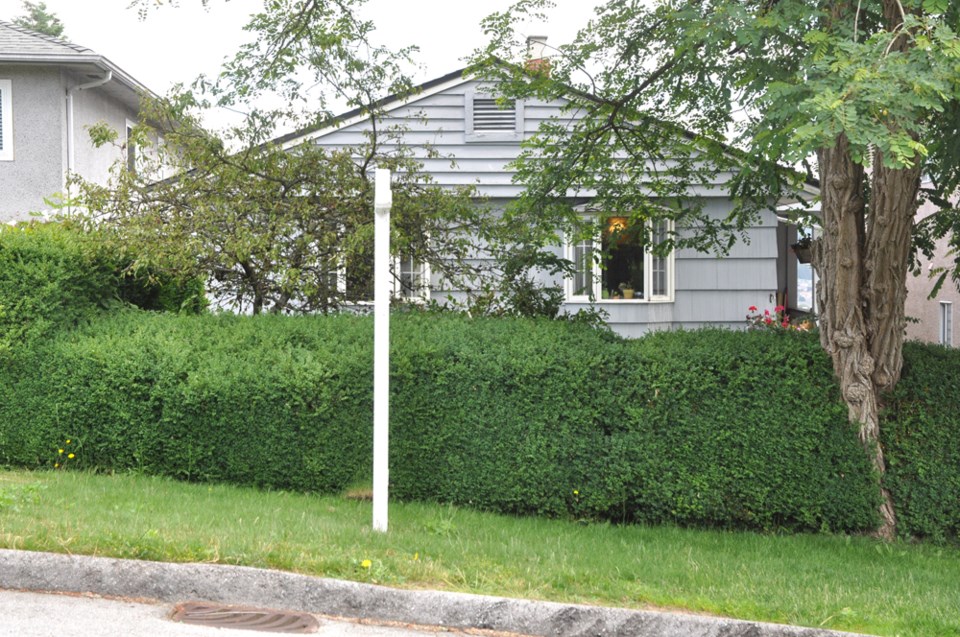It’s a question that anyone keeping a close eye on the real estate market in Metro Vancouver is desperate for an answer. Who is buying real estate in the region?
On Thursday, the province’s finance minister provided a snapshot of the answer, releasing the first set of data related to real estate transactions in B.C.
Of the 10,148 residential real estate transactions in B.C. between June 10 and June 29, a total of 3.3 per cent, or 337 transactions were made by foreign nationals, according to government stats.
A closer look revealed in Burnaby, 10.9 per cent of real estate transactions during that time period were made by foreign nationals.
That figure works out to $31.4 million, or 10 per cent of the total investment made in real estate in Burnaby in the 20-day-period.
In Richmond, the number of foreign buyers was 14 per cent, while in Vancouver it was four per cent.
The data is drawn from the filings of property transfer tax forms by purchasers of residential real estate.
But one outspoken Burnaby city councillor doesn’t buy the numbers.
Coun. Nick Volkow said the data collected in such a small time period doesn’t really tell the public anything and argued the provincial government is trying to dodge the issue.
“The reality is, the ordinary person on the street has been more than aware for at least the last three years of what has been going on,” he told the NOW. “There’s more than enough information in all kinds of sources about the money flooding out of China in particular, and it’s impacting our market here.”
Volkow insisted the information to back up his claims is available, suggesting government agencies like the Canadian Revenue Agency and the Financial Transactions and Reports Analysis Centre of Canada are not doing their jobs.
“We are being let down and failed by our governments,” he said.
The councillor is also critical of the argument that part of the problem is the supply of new housing units. He suggested the provincial government is trying to deflect responsibility to municipal government.
“There’s plenty of supply,” he said. “Here’s the problem, the supply is being purchased as a stock by foreign money, that’s what’s happening.”
The provincial government also released estimates on the future supply of homes in six communities in Metro Vancouver. Among the six, Burnaby led the way with 30,000 estimated homes, which was more than Vancouver and Surrey. In all 108,000 future homes are expected to be built within the six municipalities that also included New Westminster, Richmond and Coquitlam.
In a press conference with the media, Finance Minister Mike de Jong expressed his confidence in the numbers and the method to gather them, but he noted the information was collected over a limited period.
He explained the disclosure of citizenship or permanent residency is part of the tax filing process undertaken by lawyers, pointing out there are penalties associated with providing false information. De Jong also indicated the government may be taking further steps to limit the prospect of fraud.
“We have begun to collect the data in an accurate way as we can to answer the fundamental question, how many foreign nationals are participating in the real estate market in British Columbia,” the minister said.
In Metro Vancouver, there were 5,118 transactions in the same time period worth nearly $5.4 billion, while 5.1 per cent, or 260 involved foreign nationals worth $351 million.



